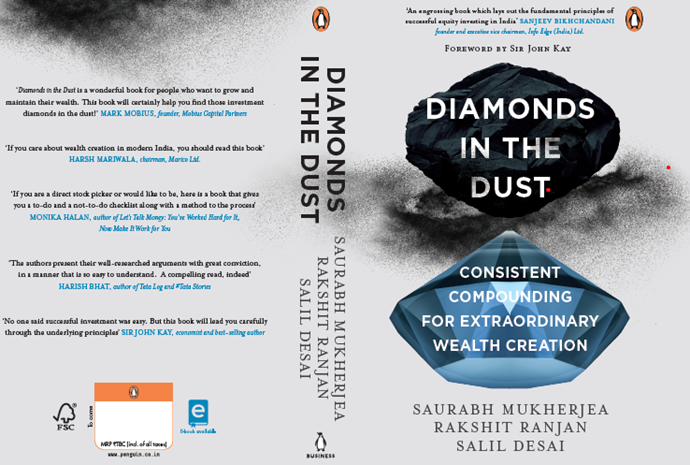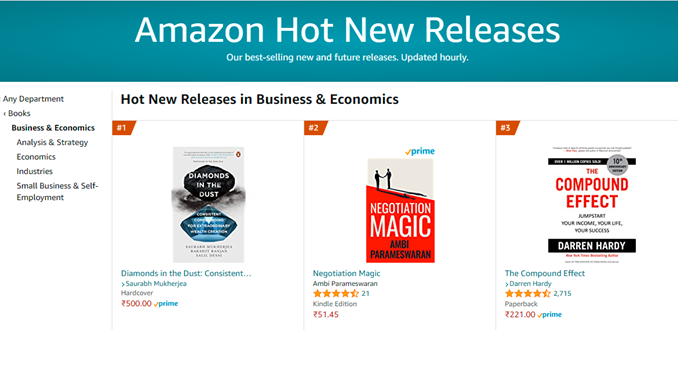OVERVIEW
“In my whole life, I have known no wise people (over a broad subject matter area) who didn’t read all the time—none. Zero. You’d be amazed at how much Warren reads—and how much I read. My children laugh at me. They think I’m a book with a couple of legs sticking out.”– Charlie Munger (source: https://fs.blog/2014/06/
There are three reasons why reading Marcellus’ latest book will help those who are interested in the stock market: (1) Our guru, Sir John Kay’s Foreword will help you appreciate the basics of sensible investing in five minutes flat. (2) Accounting fraud in India is widespread and complex and this book will help you understand the principles of fraud detection. (3) The Indian market is the world’s most polarised – just 3% of the BSE500 stocks accounted for 80% of the returns from the Indian stock market over the past decade – and our book will help you identify these ‘Diamonds in the Dust’.

|
|


